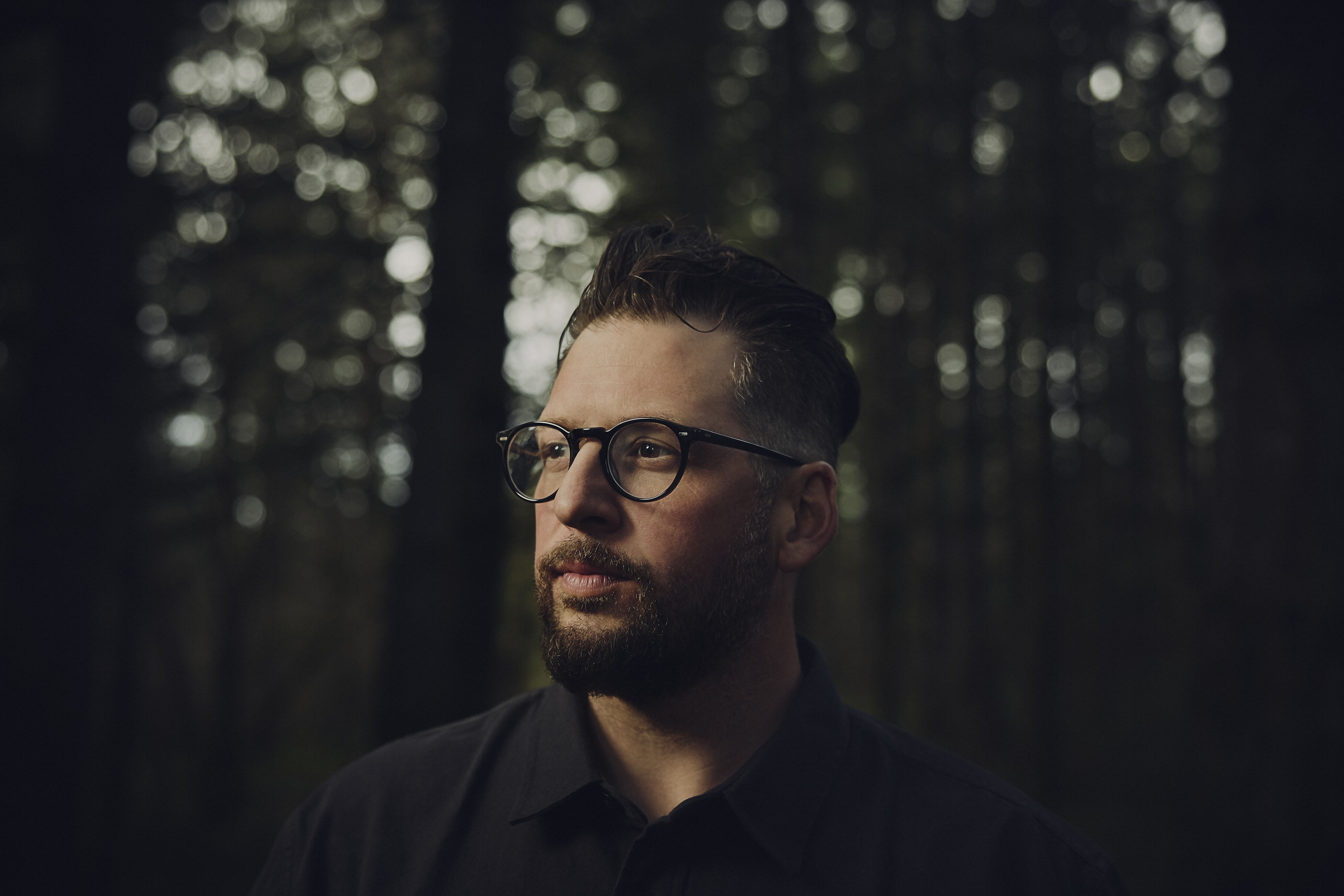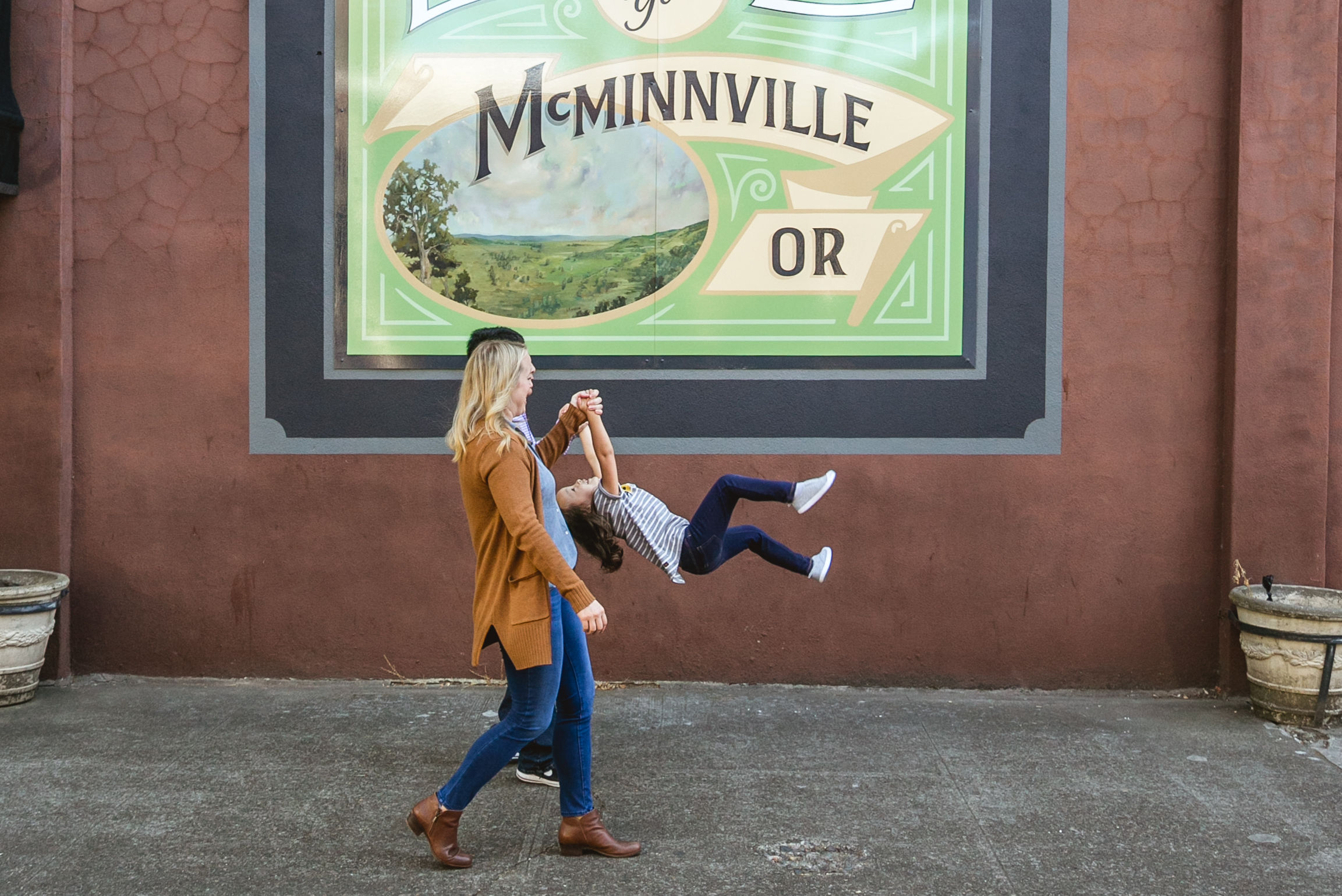
Two-Michelin Star Chef Matthew Lightner Will Open ōkta and Tributary Hotel in McMinnville This Summer
For years now, Oregon's wine country has been tagged as on the verge, perennially “the next Napa.” Why not? The Willamette Valley, a 150-mile-wide swatch of vineyards and farm fields, 37 miles south of Portland, produces A-caliber wines and produce—fiercely artisanal, independent, and idiosyncratic. What's been missing is a region-defining restaurant, a place worthy of a pilgrimage to complement a passionate food culture with its own vibe.
Get ready. Change is coming to McMinnville, wine country's unofficial capital. It's in the air, as young coffee roasters and jam makers are emerging alongside decades-old veterans like Nick's Italian Cafe. And, by early August, McMinnville will have a bona-fide high-end culinary destination: ōkta, a hyper-seasonal, 26-seat restaurant at 618 NE 3rd St. At the helm: Matthew Lightner, one of the country's most innovative chefs.
In 2011, Lightner left Portland and promptly won two coveted Michelin stars in New York. Two years ago, he quietly returned to Oregon to live his longtime dream—a restaurant with its own farm and R&D lab. The farm, seven miles from the restaurant, will eventually grow most of ōkta’s food. Lightner envisions planning his menus out in his fields. There's no farm to truck to box to refrigeration, as he puts it, “just my hands.” Meat and fish will come from like-minded Oregon producers.
Menu details are under wraps for now. Lightner, who has always eluded labels, wants to explore a new definition of Oregon cooking, to rethink the modern larder, to dig deeper and see where that leads. “From the moment you walk in the door,” he promises, “the experience will be totally immersive.” This much is clear, as I wrote in 2012: “Lightner is the real deal, a true artist, with transformative ideas about nature cuisine, a visual acuity that hits you like a stun gun, and technical skills possessed by only a couple dozen chefs in America.”
ōkta is located within the new Tributary Hotel, a companion boutique hotel situated in a refurbished 100-year-old building. Eight suites are being designed to recall the guest quarters of a home. A fresh vision of hospitality and serious focus on Oregon wines are part of the plan, shepherded in part by Lightner's partners Katie Jackson and Shaun Kajiwara. It's a personal project for the married couple. In their other life, they are known as leaders in Jackson Family Wines where they champion sustainability and regenerative farming, Jackson as the VP of Corporate Social Responsibility, and Kajiwara as Vineyard Director.
Why is this a big deal? Farm-to-table is practically the law in Portland. Gas stations probably have their own foragers at this point. Beyond this—hasn't Portland rejected fine dining? All this may be true, but to put a fine point on it: we badly need something we've never seen before, a challenge to the status quo.
You may remember Lightner’s time as chef at Castagna from 2009-2011. He had wheeled into Portland in an old Chrysler, an unknown whiz kid fresh from the kitchen of Mugaritz, a foodie think tank in the Basque Country. He was an exciting young talent cooking food unlike anything else in Portland and receiving national recognitive for his efforts—a place on Food & Wine's 2010 Best New Chefs list along with nominations for James Beard Rising Star Chef.
But the chance to open his own place in New York, on his own terms, lured him away. Within seven months, in the world's most critically dissected dining scene, Lightner vaulted into the pantheon of genre-bending Big Apple chefs. His restaurant Atera earned two Michelin stars and a three-star review from New York Times food critic Pete Wells, who noted “Whether he is fussing over a corsage of edible wildflowers or tinting a baguette with squid ink to fashion a copy of a razor clam, Mr. Lightner is opening our eyes again to how busy nature has been.”
One person keen on McMinnville's future is Mike Thelin, founder of the acclaimed Feast Portland food festival and a premier trend spotter. Expect the Willamette Valley to get a prime role in his September food festival. “McMinnville reminds me of Portland neighborhoods in the early 2000s,” Thelin tells me. “Different kinds of progressive farming are huge in this area right now. There's lot of big brains out there, a lot of people investing here. Don't let the veneer of a sleepy town fool you. It's going to get deeply interesting.”
The name ōkta is a playful interpretation of the scale meteorologists use to measure cloud cover. For Lightner, it has a spiritual connotation: the clouds are always moving, changing, transforming, with their own rhythms and seasons. As he explains it: “We like to look towards the ground to see what the region is revealing to us at any given moment. There's inspiration everywhere. But sometimes you have to look up.”
ōkta and Tributary Hotel, 618 NE 3rd St., McMinnville, Or. Reservations will available in May, oktaoregon.co, tributaryhotel.com, IG @oktaoregon




